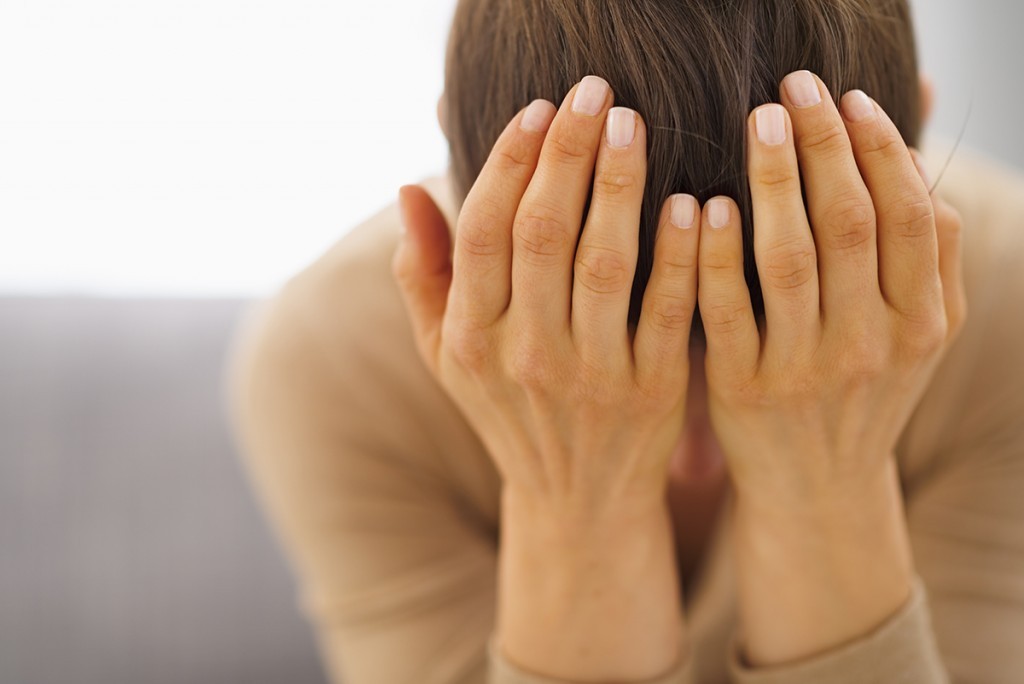 Have you been feeling down in the dumps? More tired than usual? Are you suffering from anxiety? If so, you may need to visit a professional to talk about your feelings. In many situations, without proper intervention, these situations can become worse; however, with help, depression can be managed.
Have you been feeling down in the dumps? More tired than usual? Are you suffering from anxiety? If so, you may need to visit a professional to talk about your feelings. In many situations, without proper intervention, these situations can become worse; however, with help, depression can be managed.
One of the first things to understand is the difference between situational depression and clinical depression.
Situational Depression
Situational depression is often referred to by doctors as an adjustment disorder. It is a short-term type of depression that usually takes place after some type of traumatic change in your normal, day-to-day life. This includes the death of a loved one, loss of a job, or a divorce. However, there are other triggers as well, such as natural disasters, accidents, or other traumatic events.
While the symptoms associated with situational depression can be similar to clinical depression, there are a number of key differences.
Clinical Depression
Also known as major depression, clinical depression is often accompanied by feelings of despair and hopelessness almost all of the time. It is often difficult to work, concentrate on studies, and even to sleep or eat. Oftentimes, clinical depression is generational and occurs more frequently in women.
Differences between Clinical and Situational Depression
There are quite a few different reasons clinical depression can take place, but situational depression is the result of a person not adapting to changes brought by some type of event or change in their life.
Some of the symptoms that occur in situational depression, which typically appear within 90 days after the trigger event include: sadness, anxiety, lack of concentration, restlessness, poor concentration and withdrawal from work and loved ones. Even though those suffering from clinical depression can have these symptoms as well, they usually appear in groups of at least five at once. Clinical depression can also cause a number of forms of psychosis such as delusions and hallucinations.
There is no question that both situational and clinical depression can take a toll on someone – mentally, socially, and physically. This is why it is so important to use the help that is available. From visiting your doctor to taking part in therapy sessions and in daily activities that get you up and moving and socializing, you can find a number of ways to help yourself feel better.
Help to Overcome Depression
In addition to medication and therapy, there are a number of other ways to combat the feelings associated with depression.
- Set goals for yourself so that you can overcome the feeling of not being able to accomplish anything.
- Eat right. When you eat a healthy diet, you will be able to avoid overeating; a symptom that often accompanies depression.
- Exercise. There is nothing better than a brisk walk or swim to boost your endorphins and help you get into a new mindset.
Fighting depression is not something you have to do alone. There are a number of ways to overcome the symptoms and begin to feel happy and whole again.
